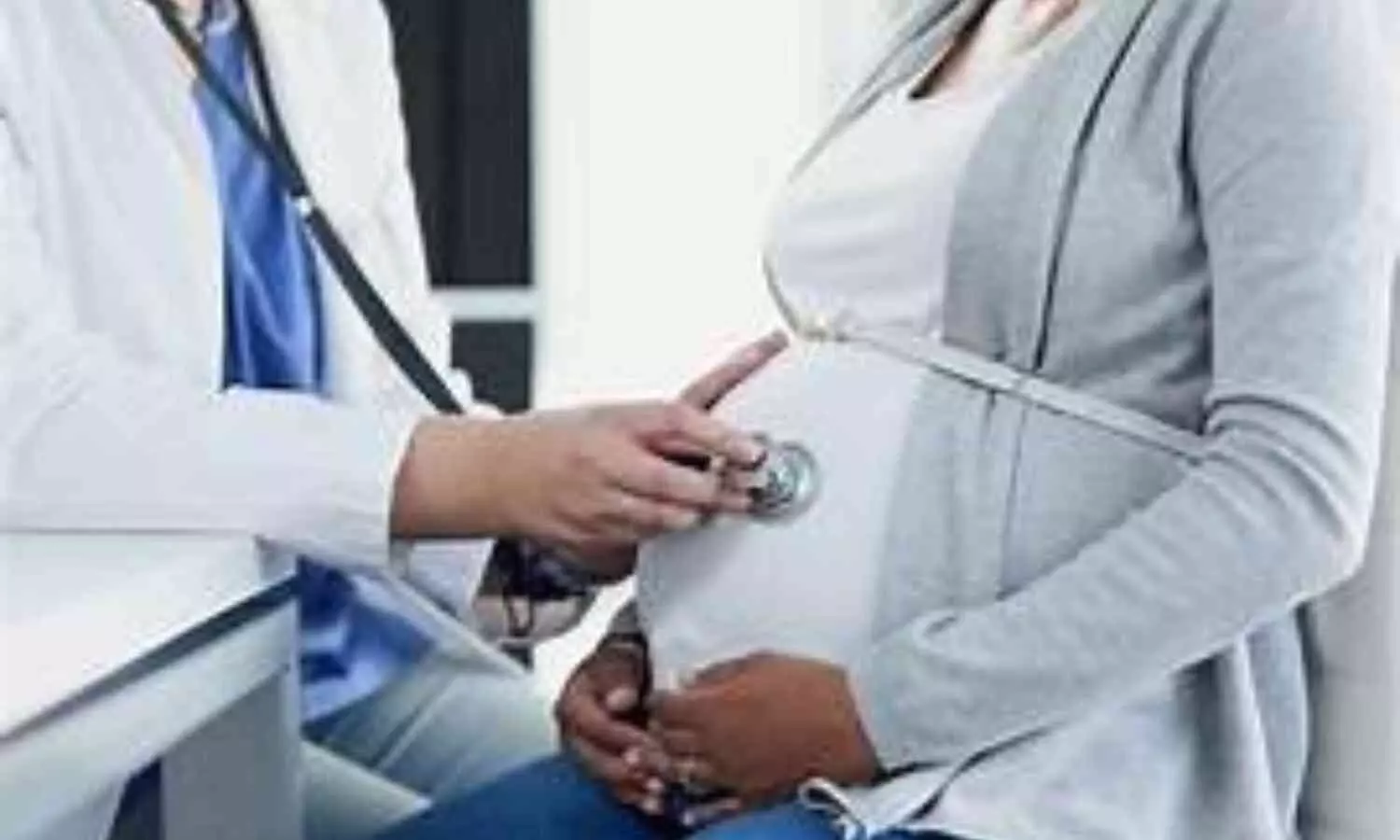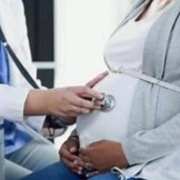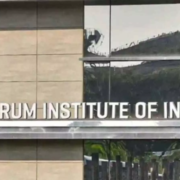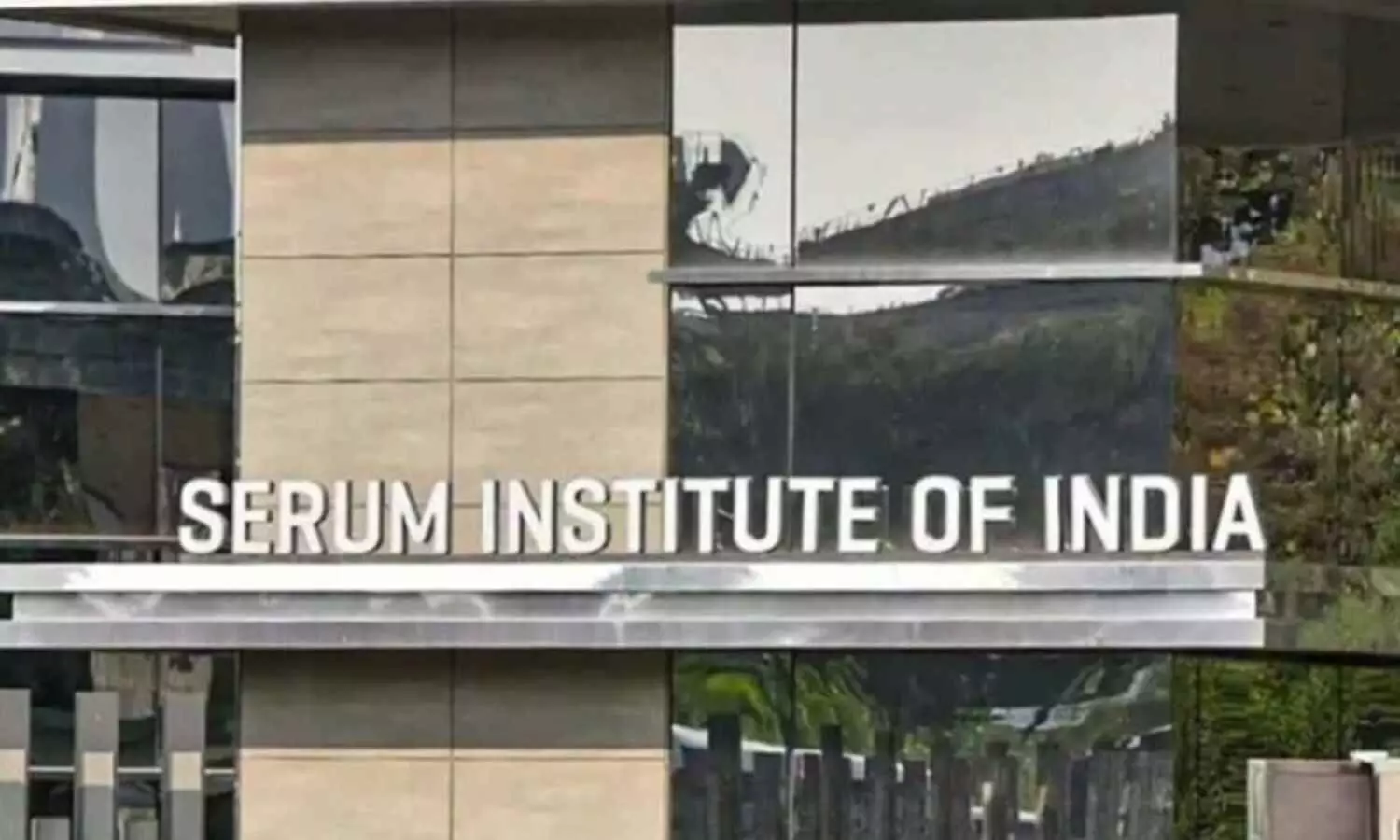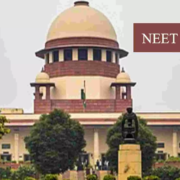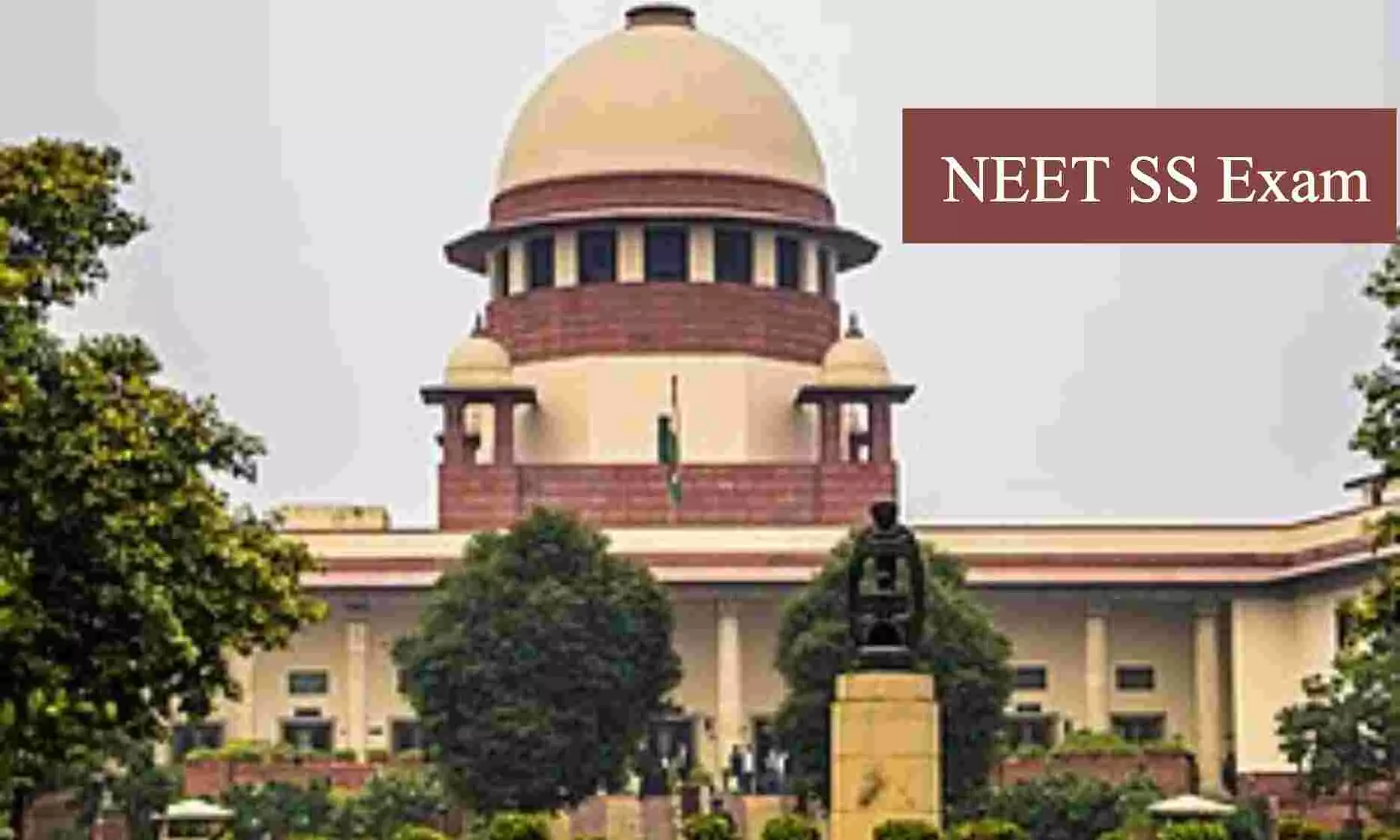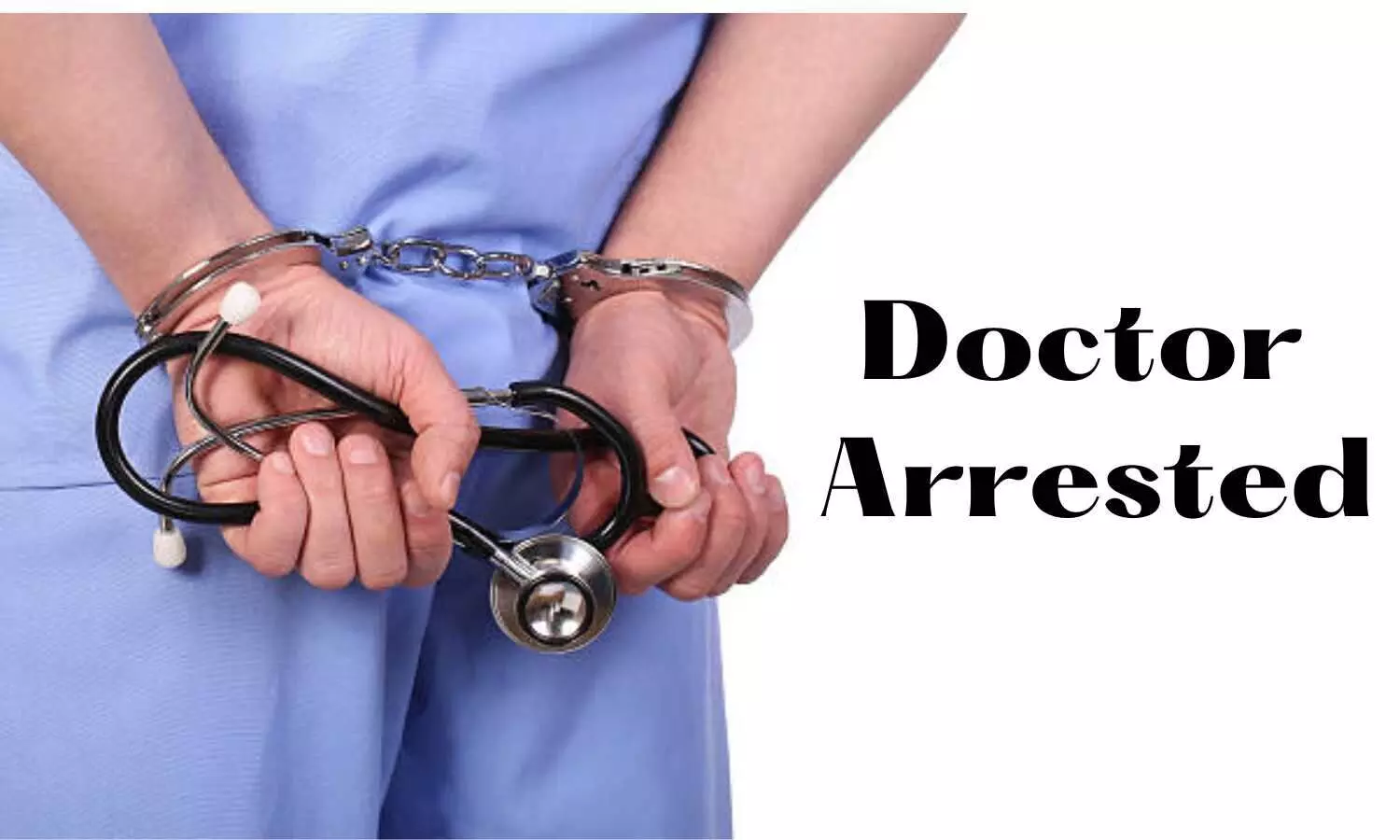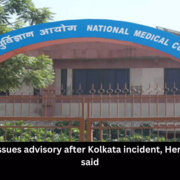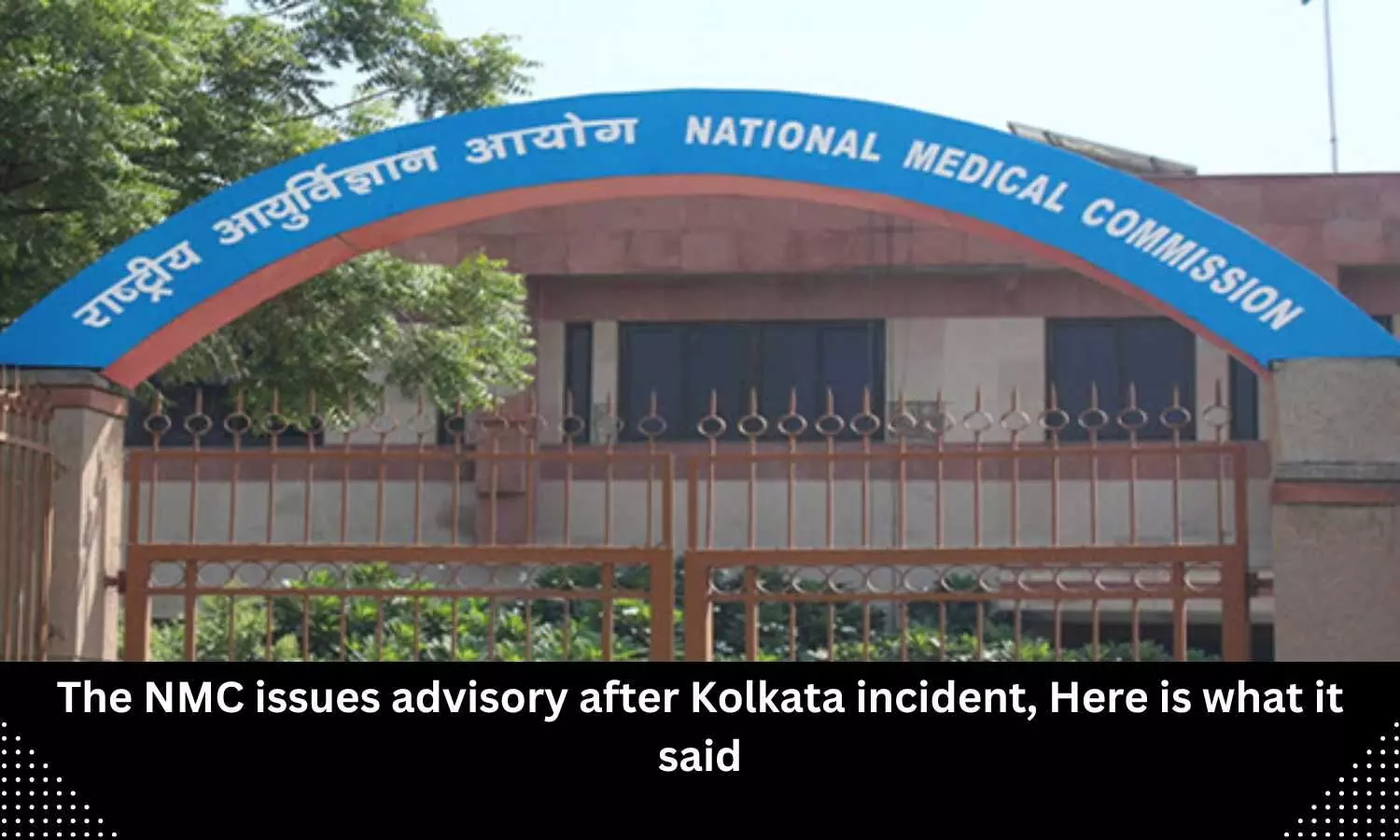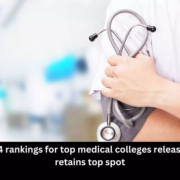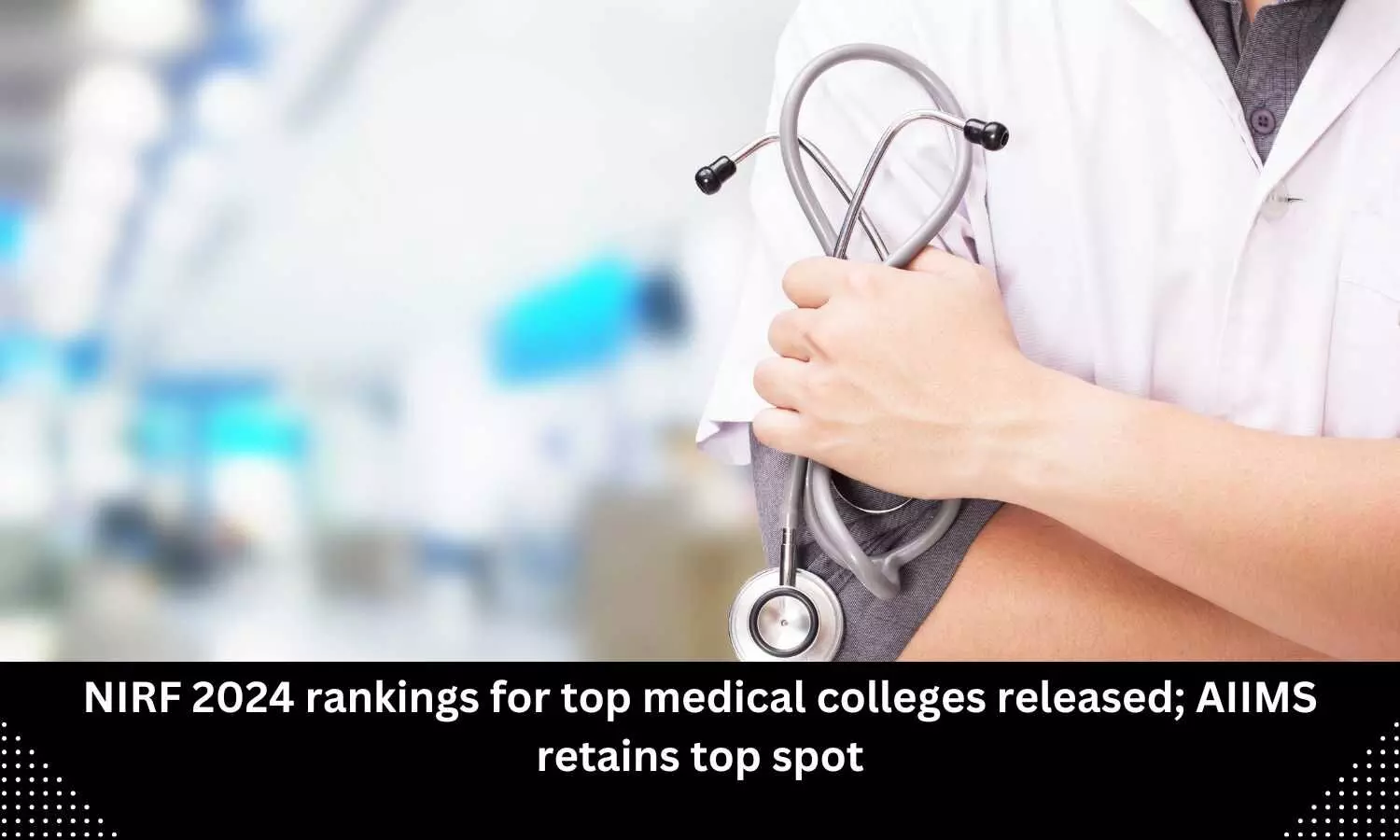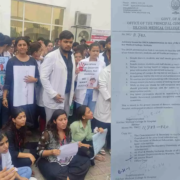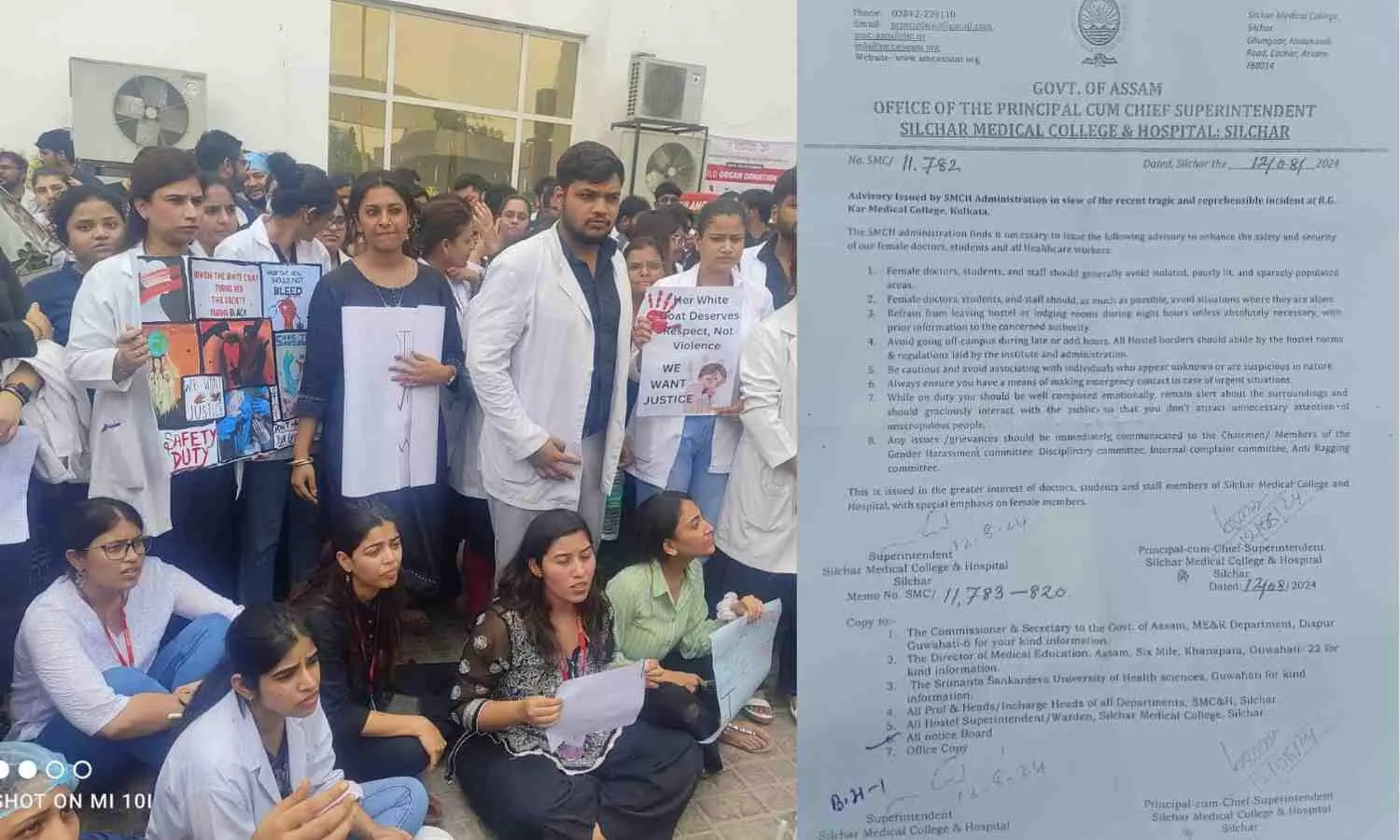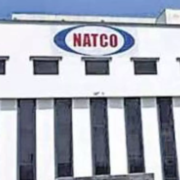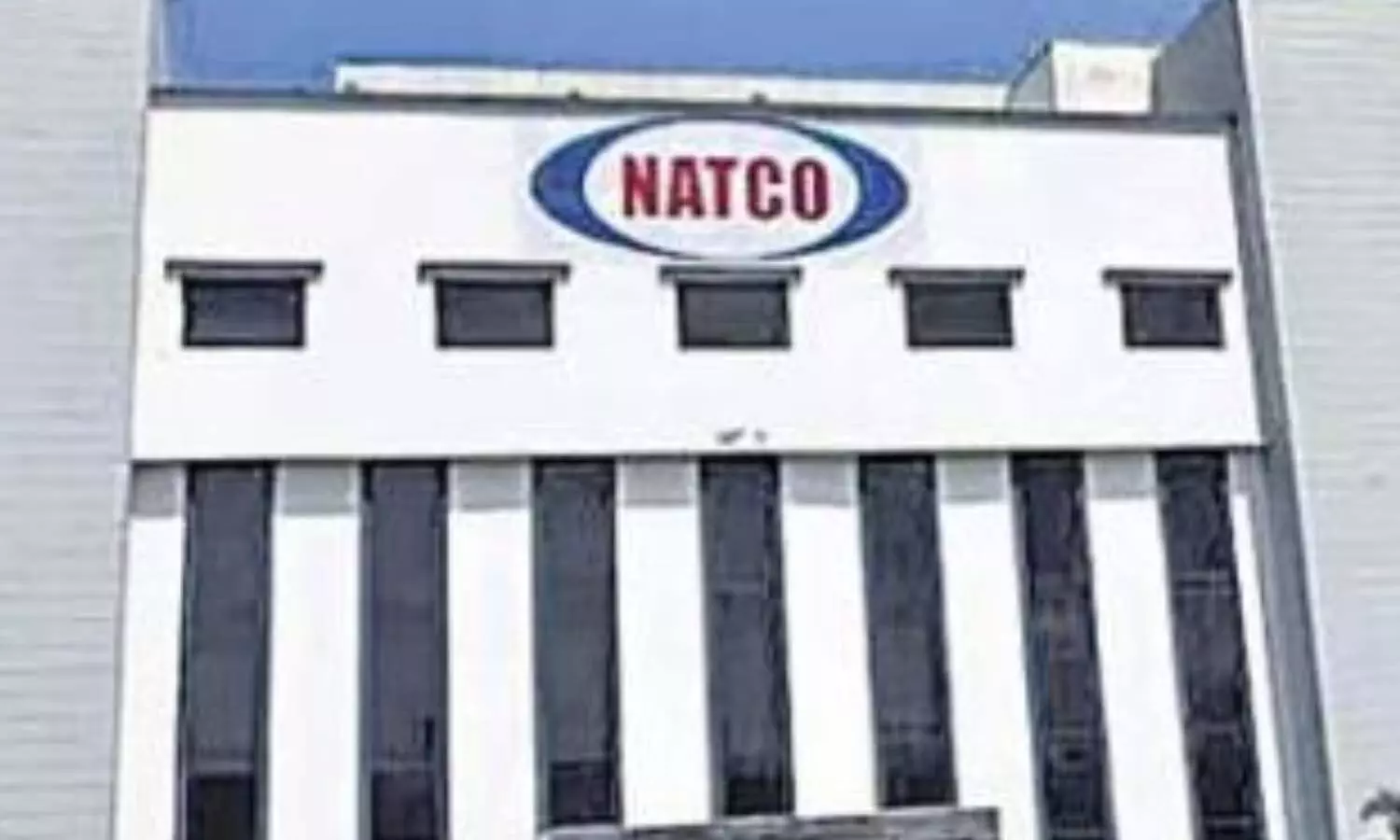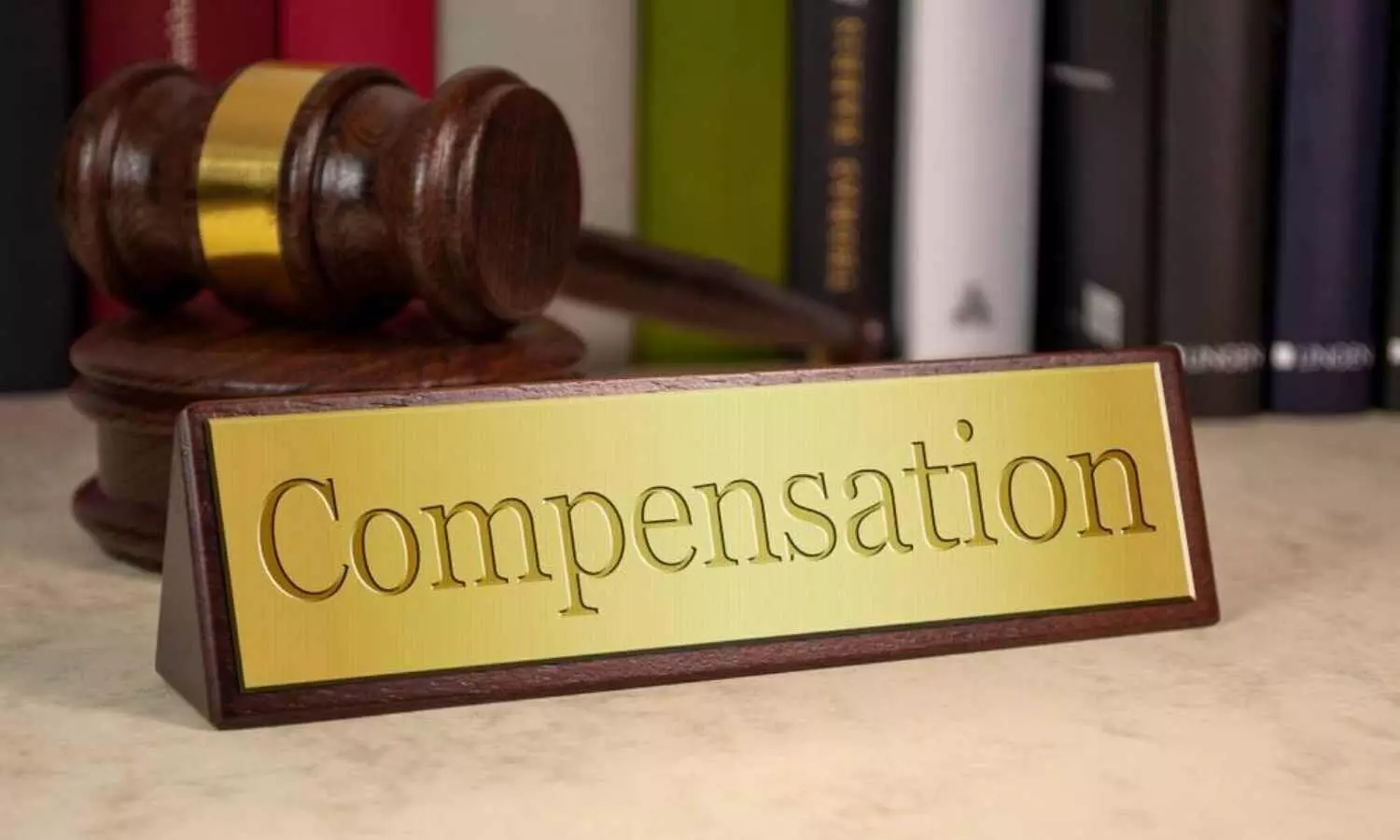
Hyderabad: The Telangana State Consumer Disputes Redressal Commission recently directed a Private Hospital, its Urologist, and a Duty Doctor to pay Rs 3 lakh to a patient, who underwent PCNL (Percutaneous Nephrolithotomy) surgery at the facility. During the surgery, a fractured fragment of the guide wire stayed in her body necessitating another surgery to remove the foreign object.
Although the District Commission had ordered to pay Rs 1 lakh towards medical expenses, Rs 50,000 towards compensation along with Rs 5000 towards costs, the State Commission enhanced the amount of compensation from Rs 50,000 to Rs 1 lakh and the legal cost amount from Rs 5000 to Rs 20,000.
The history of the case goes back to 2006 when the complainant was suffering from back ache and approached NIMS, Hyderabad on 26.07.2006. After undergoing all the necessary tests, it was diagnosed as Renal Calculi Lt. PCNL to be done. Since the patient was asked to come back after 15 days and was suffering from unbearable pain, she approached the treating hospital i.e. Prathima Hospital on 24.08.2006.
Consequently, she underwent surgery but despite the operation, her pain and suffering continued. An X-ray was conducted on 02.09.2006 which revealed a foreign body in her left kidney.
Filing the consumer complaint, the complainant contended that during the operation, the treating Urologist and Duty Doctor conducted the surgery negligently and her suffering and pain have been immense. She approached other doctors and underwent a CT Scan of the abdomen which revealed a foreign body in the left kidney. After that, she was advised to undergo another surgery to remove the foreign body, even though she was not in a financial position to undergo the surgery, submitted the Complainant.
She approached the consumer court and sought compensation for her continuous pain and suffering due to which she also had to suffer business-related loss.
On the other hand, the treating hospital denied the allegations and submitted that the usual period of discharge for PCNL is between 5 to 10 days and the patient was discharged on the 7th day excluding the day of operation.
The hospital submitted that during the period when the patient was admitted, the dressing was changed from time to time. It was submitted that any surgery which results in an incision will take time to heal and during PCNL, a tube was inserted into the renal pelvis through the calyx and the tube was removed a few days after the operation. The hospital argued that if there was any foreign particle in the body, there would be an immediate infection/abscess warranting surgery.
Further, the hospital submitted that the probe or guide wire used is made of a material that is non-reactionary and it is impossible to perform PCNL without the guide wire. What was informed to the patient was that the particle remained in the body while removing the guide wire was harmless and compatible to the human body and that there was no danger or harm indicated. The small particle that accidentally stuck in the tissue of the kidney area is a small part of the guide wire which is made of insert or bio-compatible material and is therefore of no consequence, submitted the hospital and added that there was no necessity for removal of the foreign body as alleged and hence there was no cause for complaint. Therefore, they prayed to dismiss the complaint.
The urologist submitted that the complainant underwent surgery for the removal of a kidney stone which was ensconced at the central renal area and the same was successfully removed. After the surgery, the usual post-operative care was taken the patient was discharged after the removal of sutures on the healing of the surgical incision. Further, the doctor submitted that he informed the complainant about the retained particle in the kidney and from his extensive knowledge as a Urologist, he assured the Complainant that the particle was harmless.
Referring to the Complainant’s CT Scan abdomen report, he submitted that there was no calculus, no pus or swelling and it was functioning normally. Even though a small piece of guide wire was there in the kidney, it could not be attributed to pain. It was further submitted that if it was the cause, the kidney would have been damaged or formed stones again within two years.
The Duty doctor also stated that the patient did not raise any complaints when she came for follow-up and she never consulted either the Urologist or himself.
After hearing the arguments by both parties and examining the material on record, the District Commission partly allowed the complaint and directed the doctor and hospital to pay Rs 1 lakh to the Complainant towards medical expenses and Rs 50,000 towards compensation along with Rs 5000 towards costs.
The Complainant challenged the District Commission’s order and argued that the Commission should have allowed the entire compensation as claimed as there was negligence on the part of the doctor.
While considering the case, the State Commission perused the entire medical record and noted that Percutaneous Nephrolithotomy surgery consists of the Urologist making a small incision, a tube is inserted through the incision and a small telescope is passed through the tube to visualize the stone and break it up and remove it.
The Commission noted that in this case, after the PCNL procedure was done, the investigation revealed that small remnant/thread/guide wire outside the pelvis. In the PCNL procedure, the guide wires are indispensable in Urology and fragmentation is there. “However, in this case, it is admitted that it broke and complete removal is imperative, as foreign bodies calcify and obstruct the urinary tract,” observed the Commission.
Further, the Commission considered the medical literature provided by the treating hospital and took note of the fact that the manufacturer is suggested to mark the tip of the wire with a coloured stripe to “enable the physician to assess whether an intact wire was retrieved or not. Immediate action may then be initiated for removal of the foreign body”.
“In conclusion, careful history-taking is necessary to identify patients who have undergone a previous intervention of their urinary system, rendering them at risk of harbouring a forgotten foreign body. Ureteroscopy serves as an appropriate procedure both for diagnostic and therapeutic purposes. Direct visualization of the object is achieved, followed by its prompt removal using appropriate extraction devices. Careful attention should be paid during any invasive procedure of the GUT in order to avoid such cases,” the medical literature further suggested.
The Commission also noted the deposition of the treating doctor stating that “I myself revealed about the remainder of piece of guide wire to the Complainant. I did not record the same in any of my medical file but orally informed to the Complainant. After the discharge of Complainant, I again never saw her or examined her.”
At this outset, the Commission observed that even though the doctors knew about the fractured fragment of the guide wire, in their discharge summary, they failed to advise the Complainant regarding that.
“The primary duty of the doctor who conducted the PCNL procedure must certainly be aware of the perils of guide wire fracture. An understanding of the mechanisms of wire failure would have prevented the unsuspected retained foreign body. An alternate method of removal should have been considered by the Respondents/Opposite Parties when resistance is encountered to have prevented this complication. Although the Respondents/Opposite Parties knew about this fractured fragment of guide wire, in their discharge summary they failed to advice the Appellant/Complainant as to what needs to be done to remove the fragment/foreign body,” noted the Commission.
“A broken guide wire can lead to many complications and can be rebellious to antibiotic treatment. It is always necessary for the Urologist to check the endoscopic equipment at the end of the procedure. Broken guide wires and laser fibres can cause problems for the patient and the surgeon/urologist must be aware of that. The Respondents/Opposite Parties must have been well aware of the implications but have chosen to escape their liability by stating that the guide wire fragment is bio-compatible,” the Commission further observed.
The State Consumer Court noted that even though the treating Urologist claimed that he suggested to the Complainant for removal of the guide wire by conducting the formal operation, this advice was never recorded on the discharge summary and the Appellant/Complainant/patient was under the impression that the fragmented remnants were bio-compatible and would not cause her further pain or suffering.
Telangana SCDRC observed that the District Commission observed the negligence of doctors and the hospital and categorically stated that “When the Opposite Parties noticed presence of foreign body in the kidney at the place of operation which was mentioned in the Discharge Summary they could have removed the guide wire by doing another operation revealing the same to the patient.”
However, the State Commission noted that the District Consumer Court awarded only a meagre compensation of Rs 50,000 and Rs 5,000 towards costs. It observed that
“When the Respondents/Opposite Parties had the knowledge of the foreign body, it is their duty to record the observation and should have advised the follow up in the discharge summary. Instead, they have failed miserably to take care of the patient who was forced to consult various other specialists and suffer great pain and pay a very high price for undergoing PCNL at their facility.”
From the documents filed by the Complainant, the Commission noted that she consulted another doctor and underwent treatment for h/o retained guide wire fragment and spent a considerable amount towards the emergency admission.
Therefore, the Commission found the grounds valid and enhanced the amount of compensation from Rs 50,000 to Rs 2 lakh and the legal costs from Rs 5,000 to Rs 20,000.
“The grounds urged are valid and we consider it a fit case to enhance the compensation to Rs.2,00,000/- along with costs of Rs.20,000/-,” the Commission noted.
Accordingly, the Commission directed the doctors and hospital to jointly and severally pay to the Appellant/Complainant a sum of Rs 1,00,000 towards medical expenditure, Rs 2,00,000 towards compensation and Rs 20,000 towards costs.
To view the order, click on the link below:
https://medicaldialogues.in/pdf_upload/telangana-state-consumer-court-246623.pdf
Also Read: Patient died due to medical negligence during blood transfusion: Hospital, 3 doctors directed to pay Rs 20 lakh as compensation
